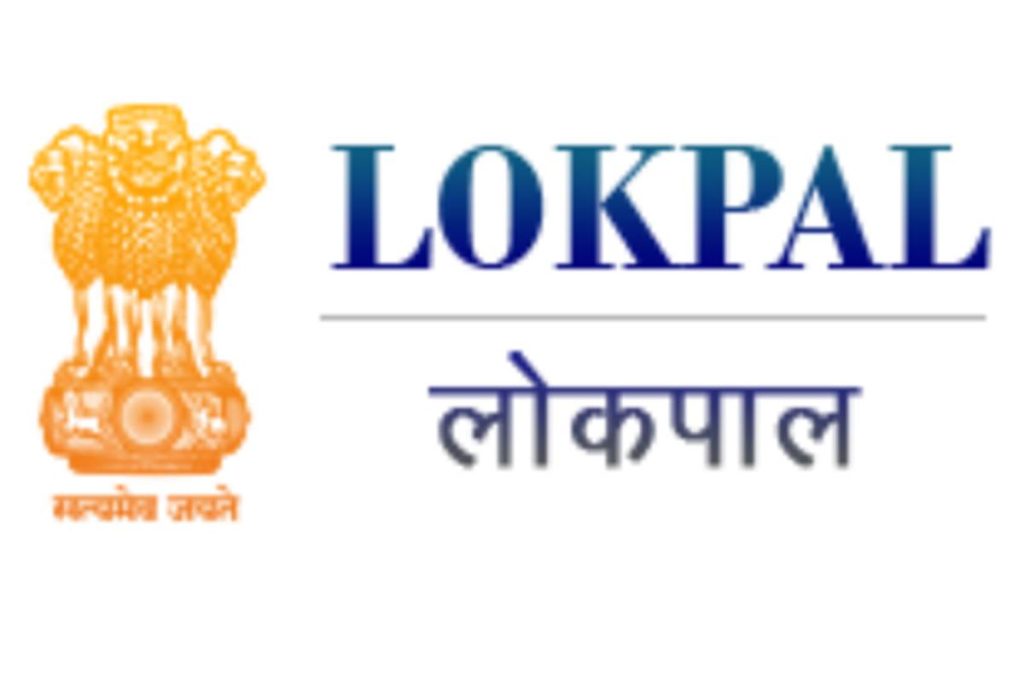Context:
With the recent swearing in of three new members, office of Lokpal of India reached its full strength of nine members including the Chairperson.
More on the news
Judicial Member:
- Shri Justice Lingappa Narayana Swamy (the Chief Justice of Himachal Pradesh Court and is a former Judge of the Karnataka High Court).
- Shri Justice Sanjay Yadav (Chief Justice of the Allahabad High Court and is a former Judge of the Allahabad High Court and Madhya Pradesh High Court).
Member:
- Shri Sushil Chandra (former 24th Chief Election Commissioner of India and previously served as the Chairperson of the Central Board of Direct Taxes)
About Lokapal
Historical Background:
- In India, the term Lokpal which literally meant “people’s protector” was coined be L.M. Singhvi in 1963
- This institution was first created in Sweden in 1809.
- First Administrative Reforms Commission (ARC) of India (1966-1970) recommended two independent authorities- one at the center (Lokpal) and one at the state level- to probe complaint against public functionaries, including MPs.
- The Lokpal and Lokayuktas Bill, 2011 was passed by the Parliament on 17th December 2013.
- The Act came into force on 16th January, 2014 and has been amended once in 2016 since its notification.
Salient features of The Lokpal act, 2013:
- Composition of Lokpal: It consists of a chairperson and eight Members out of whom 50% are Judicial Members and 50% of the members come from amongst the SCs, the STs, the OBCs, minorities and women
- Term of office of chairperson and Member: 5 years or until 70 years of age, whichever is earlier.
Members are appointed by the President of India on recommendations of Selection Committee consists:
- Prime Minister
- Speaker of the Lok Sabha
- Leader of the Opposition in the Lok Sabha
- Chief Justice of India or a sitting SC Judge nominated by the Chief Justice of India
- An eminent jurist to be nominated by the President of India on the basis of recommendations of the first four members of the selection committee.
Suspension, removal of Chairperson and member of Lokpal
- The Chairperson or member of the Lokpal may be suspended or removed if adjudged insolvent, engages in paid employment outside their duties, or deemed unfit by the President due to mental or physical infirmity.
- Additionally, removal on grounds of misbehavior after Supreme Court inquiry initiated by a petition signed by at least one hundred Members of Parliament, leading to a recommendation for removal by the President.
Issues in the functioning of Lokpal
- The Lokpal cannot initiate investigations against public servants on its own (“suo motu”). It can only act on formal complaints filed by individuals.
- It lacks transparency in the procedures for handling complaints against the Prime Minister, raising concerns about accountability at the highest level.
Way Forward
- Suo Motu Authority: Grant the Lokpal the power to initiate investigations independently, strengthening its proactive ability to fight corruption.
- Transparency in PM Cases: Establish clear, transparent, and accountable procedures for handling complaints against the Prime Minister to ensure fairness
Also Read:
National Action Plan for Prevention and Control of Snakebite Envenoming (NAP-SE)

